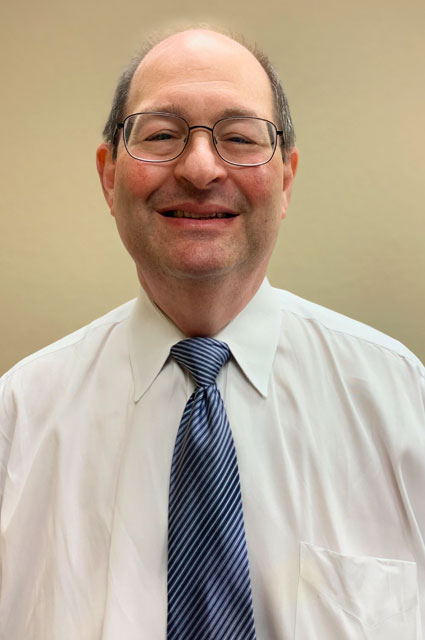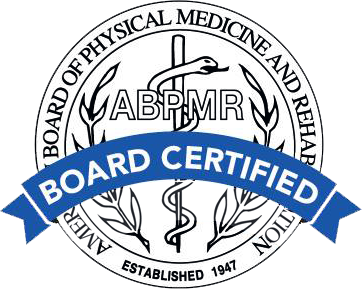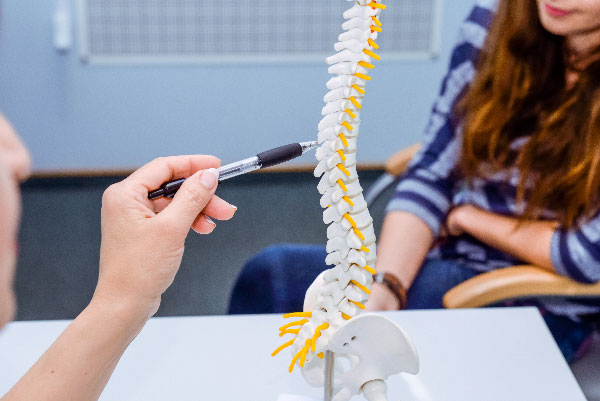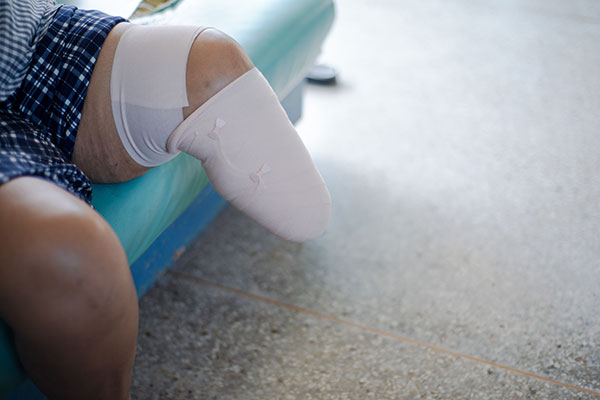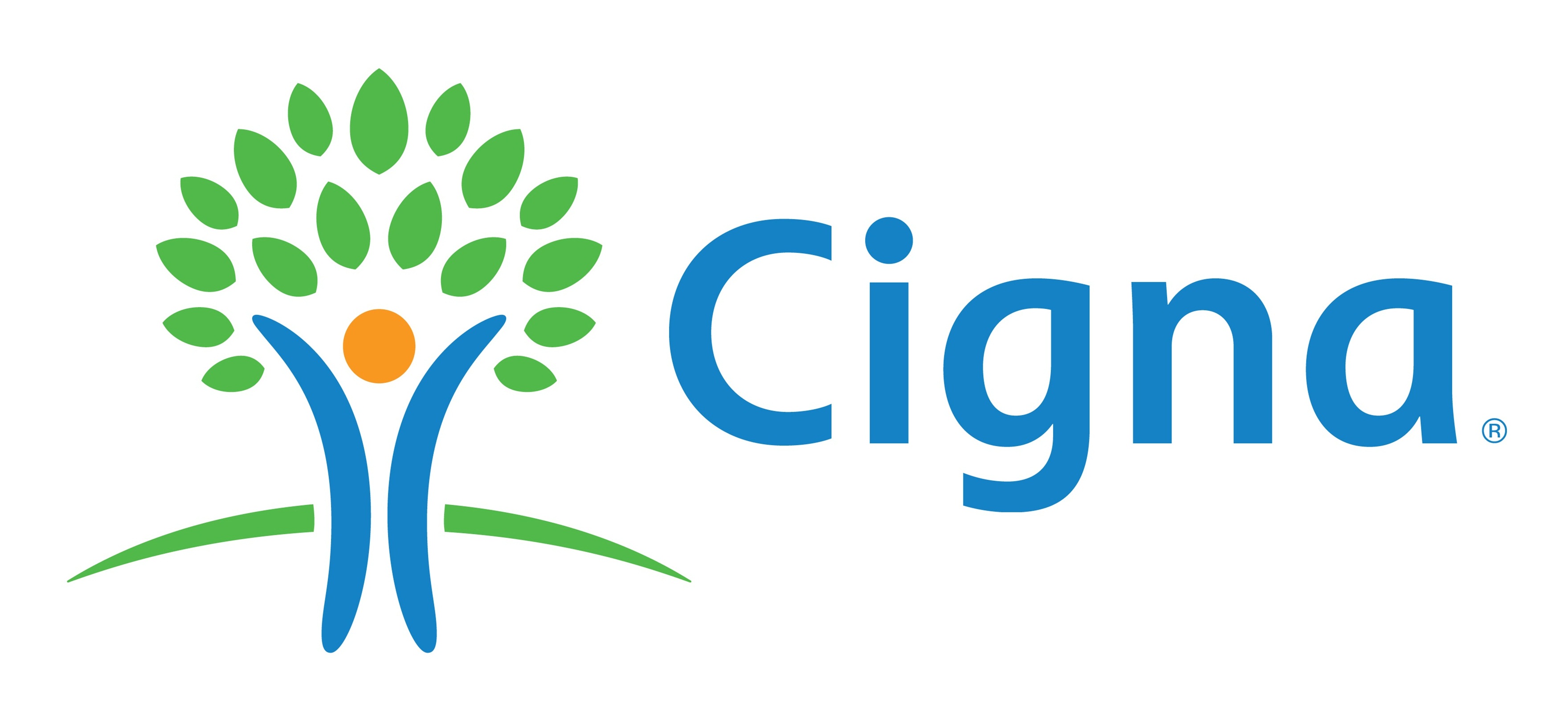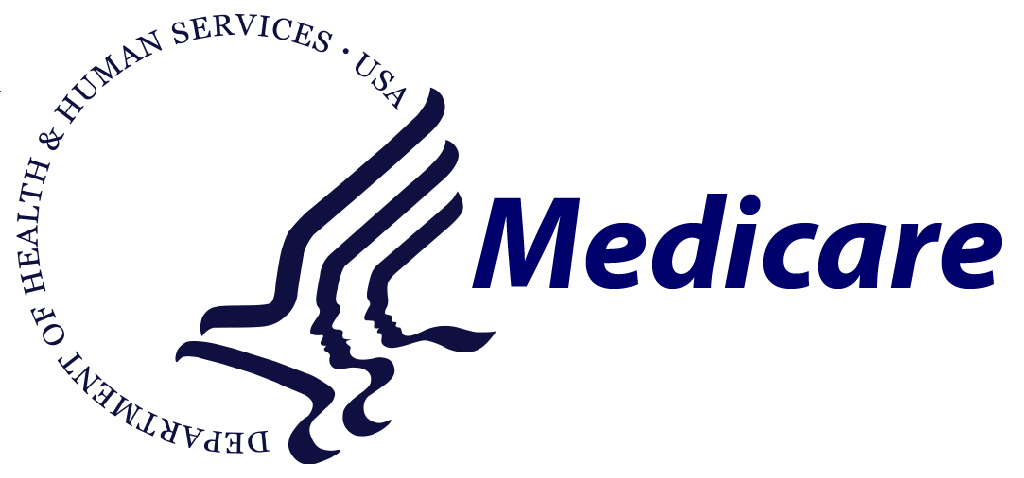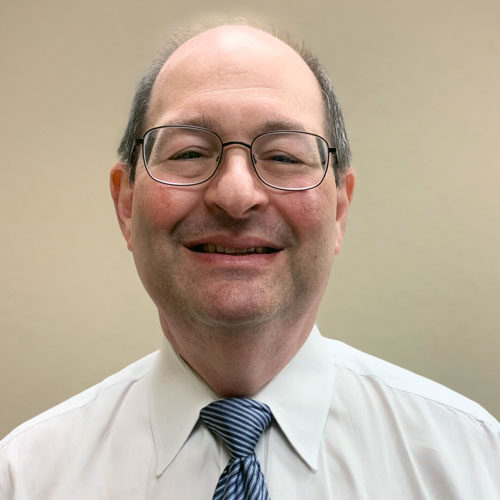
Pinellas Physiatry Associates
Physiatry, also known as Physical Medicine and Rehabilitation is a branch of medicine emphasizing in the prevention, diagnosis, and treatment of disorders of the brain, nerves, muscles, and bones.
Board Certified
All physicians at Pinellas Physiatry Associates are board certified with over forty total years experience. Our physicians treat conditions with a combination of education, medications, therapy and injections to maximize a patient’s function.
Our Office Hours
Monday – Thursday 9am – 4:45pmFriday 9am – 3pmSaturday – Sunday CLOSED
What is Physical Medicine and Rehabilitation?
Physical medicine and rehabilitation (PM&R), also known as physiatry or rehabilitation medicine, aims to enhance and restore functional ability and quality of life to those with physical impairments or disabilities affecting the brain, spinal cord, nerves, bones, joints, ligaments, muscles, and tendons. A physician having completed 4 years of training after medical school in this field is referred to as a physiatrist. Unlike other medical specialties that focus on a medical “cure,” the goals of the physiatrist are to maximize patients’ independence in activities of daily living and improve quality of life.
Physiatrists are experts in designing comprehensive, patient-centered treatment plans, and are integral members of the care team. They utilize cutting-edge as well as time-tested treatments to maximize function and quality of life for their patients, who can range in age from infants to octogenarians.
PM&R physicians (or physiatrists) evaluate and treat patients with short- or long-term physical and/or cognitive impairments and disabilities that result from musculoskeletal conditions (neck or back pain, or sports or work injuries), neurological conditions (stroke, brain injury or spinal cord injury) or medical other conditions. Their goal is to decrease pain and enhance performance without surgery.
PM&R physicians practice in a variety of clinical settings, including inpatient and outpatient facilities. They have a broad range of knowledge including musculoskeletal, neurological, rheumatological and cardiovascular systems.
Some of the common diagnoses and populations seen by inpatient physiatrists include spinal cord injury, brain injury (traumatic and non-traumatic), stroke, multiple sclerosis, polio, burn care, and musculoskeletal and pediatric rehabilitation. Inpatient physiatrists are often trained using collaborative team skills and work with social workers and other allied health therapists (e.g., physical, occupational and speech) to manage these issues.
Outpatient physiatrists manage nonsurgical conditions including orthopaedic injuries, spine-related pain and dysfunction, occupational injuries and overuse syndromes, neurogenic bowel/bladder, pressure sore management, spasticity management, and chronic pain. Outpatient physiatrists are typically found in multidisciplinary groups consisting of other physiatrists, orthopaedic surgeons and/or neurosurgeons.
Our Board Certified Doctors


Kevin Creed, M.D.
Board Certified Physical Medicine and Rehabilitation



